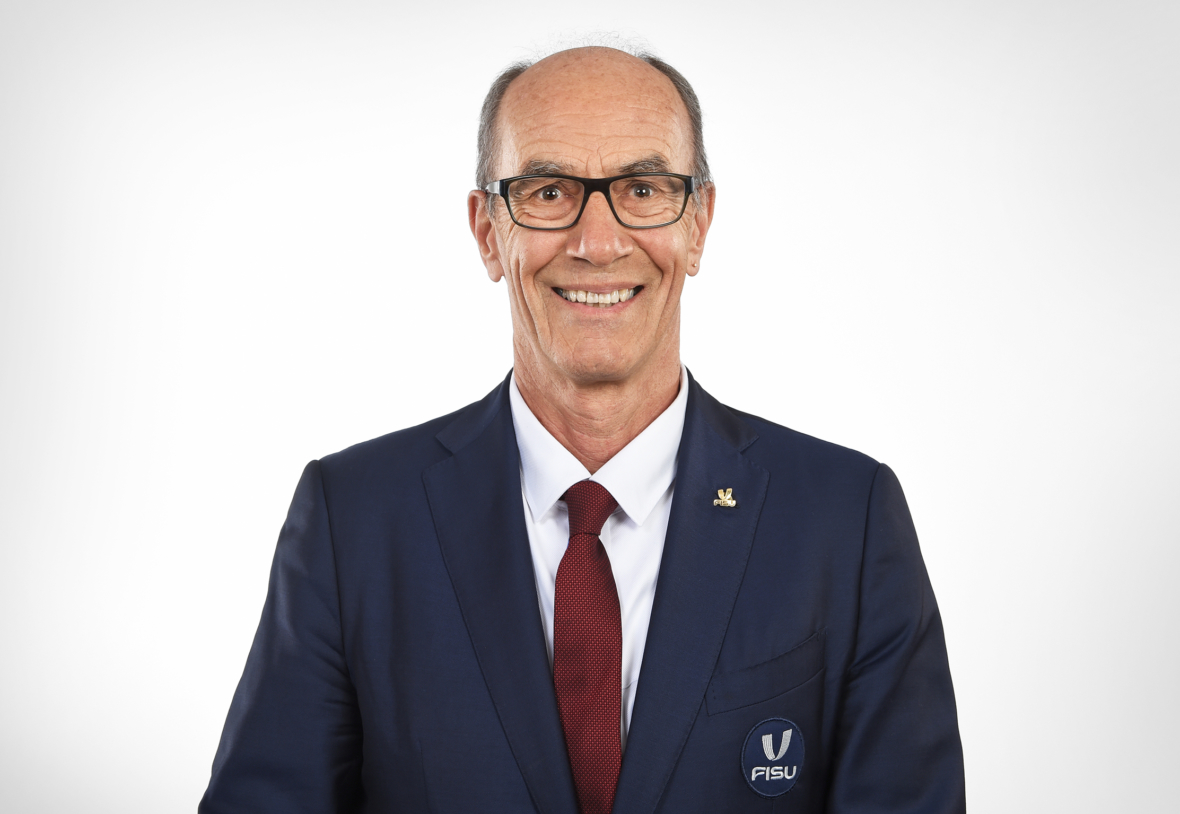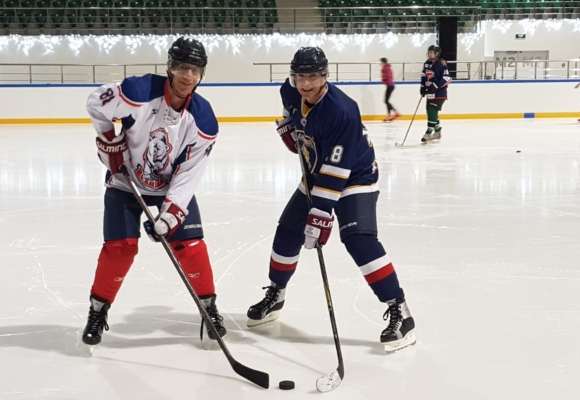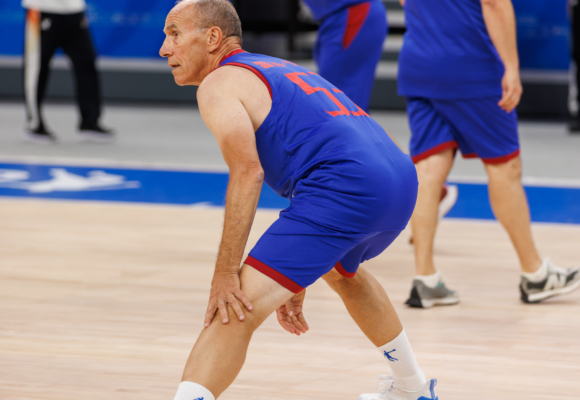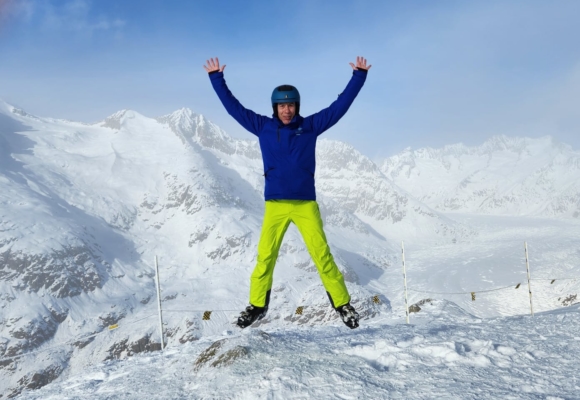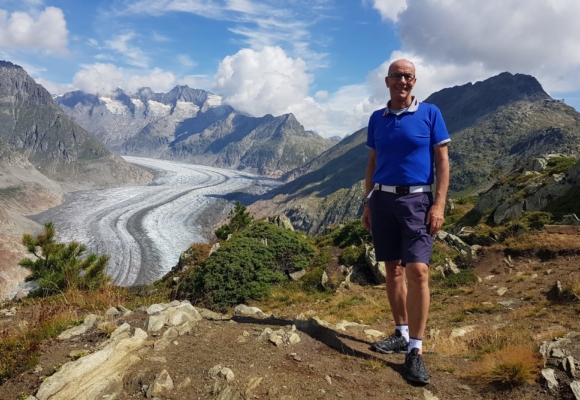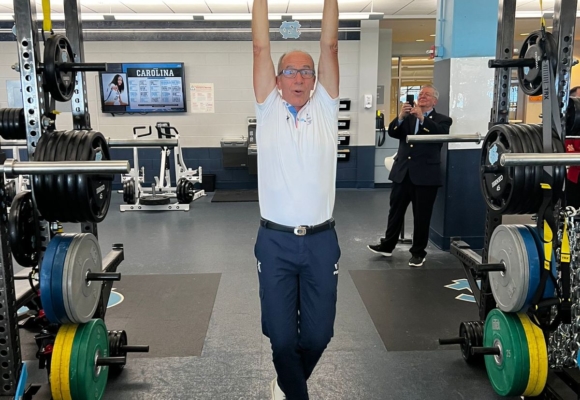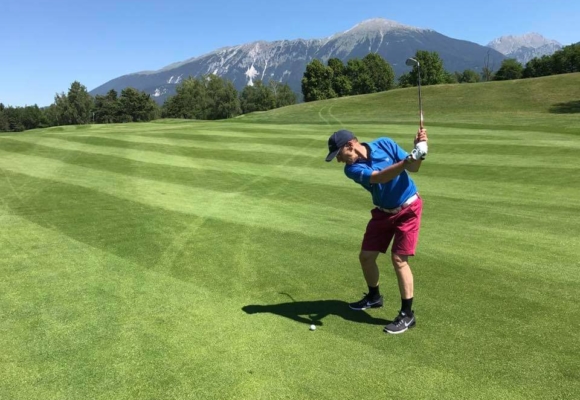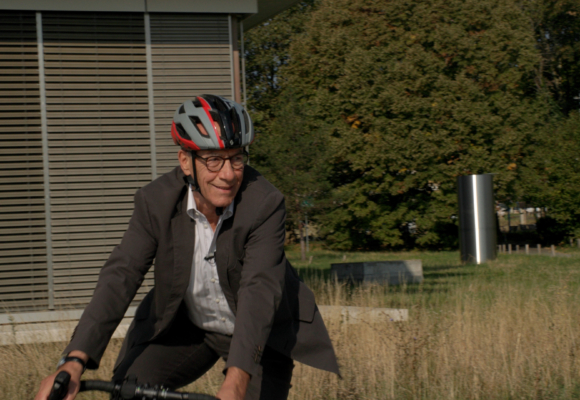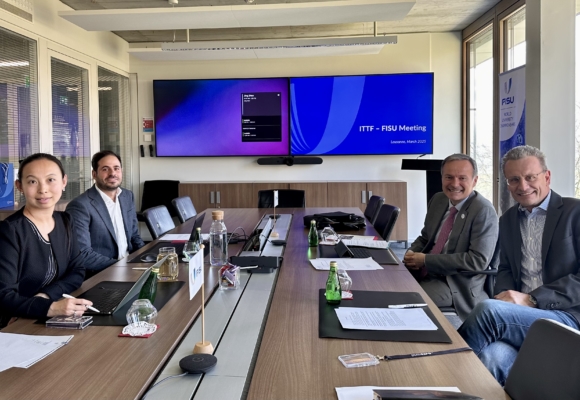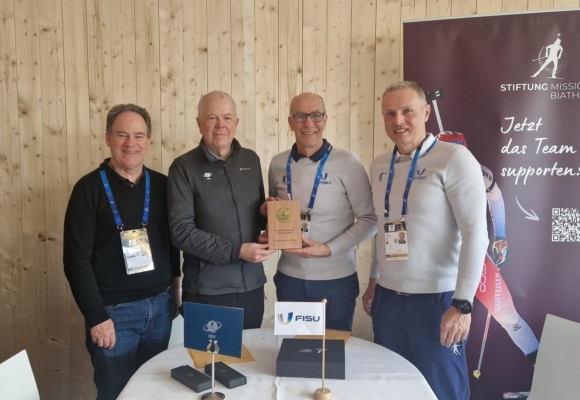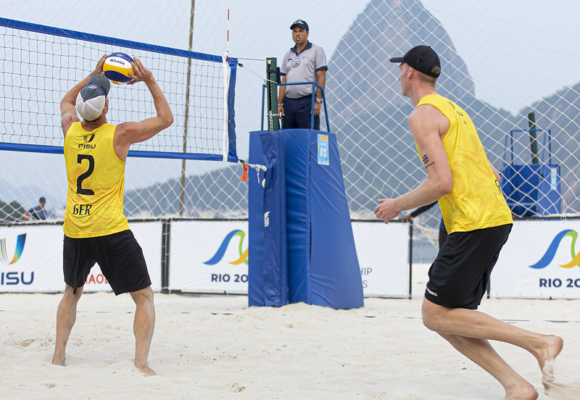Get to know FISU’s President better, as he talks sport, education, family and life philosophy.
Always smiling, always available and open to a friendly and interesting conversation, FISU President Leonz Eder is what you would call a people’s person.
After holding the position of Acting President for a little more than three years, he was elected President during FISU’s General Assembly in November 2023 in Geneva. But the Swiss already has a long and valuable experience of university sports. Let’s find out more about him as he opens up sipping a tea overlooking the snow on the nearby ski slopes.
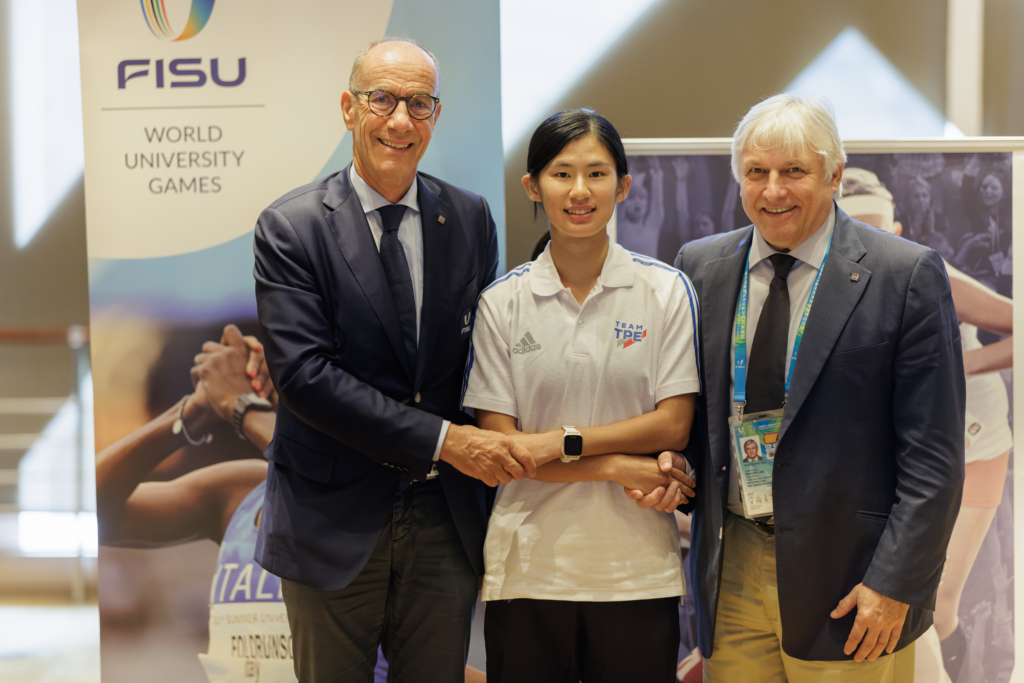
-Leonz Eder, who are you?
-I used to be a sports teacher. My first contacts with FISU were through the University of Bern, because my mentor there, Fritz Holzer, was also FISU’s Vice president. I entered the International Federation of University Sports through a position in the Media Commission, because I also used to write articles for many Swiss newspapers and also worked for the Swiss radio, so it made sense. In 2003, I was elected in the Executive Committee and have never left it since !
-Did you always want to become a physical education teacher?
-Yes, ever since I was small. My parents weren’t too keen on that career choice at the time, they were scared of possible injuries. But I held on to my dream and also added a few psychology and pedagogy classes to my tuition. I got a job at the University of St-Gallen. I thought I would try it for a few years and ended up teaching sports there for 40 years ! I was a university teams coach, a tournament organizer, a teacher of course. I loved every aspect of it.
A few pictures from Leonz Eder's personal collection
-What is “your” sport?
-When I was a child, from the age of 7 until more or less 17, I practiced artistic gymnastics. I grew up in a village where two members of the National Team used to live, so all the boys wanted to join their club and succeed like them. I also tried some Swiss wrestling and some track and field, but I mainly spent time in the gym halls. I was regional champion, and I remember that the floor was my favorite discipline. Then I grew too tall in relation to my strength and switched to handball. I was a goalkeeper for seven years. I ended up in that position because, as a field player, I couldn’t handle being fouled when my opponent had no chance at all to reach the ball (laughs). A knee injury put an end to my career as a handballer, but I picked up volleyball when I started to study in Bern. And as a typical Swiss, I of course skied. Now I hike, I travel by bike and when I have enough time, I like to play golf.
In sports, you learn the foundations for your life, as much on the field of play as in your professional career.
-What aspect of sport is the most important for you: team spirit, pushing your own limits, the competition, the fun?
-All of them! But as a child, playing sport also gave me the opportunity to leave home for a whole weekend for the first time ! In sports, you learn to win and to lose. You learn fair-play and how to respect the referees. To train hard, to never give up. Basically the foundations for your life, as much on the field of play as in your professional career.
Because I have more experience doesn’t mean I am right.
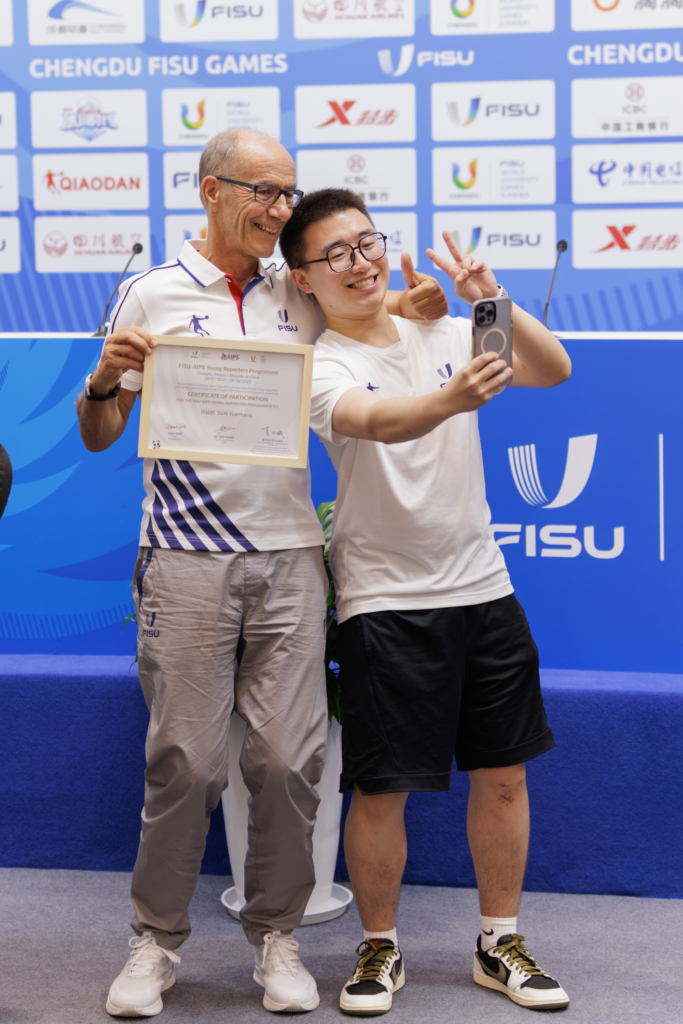
-On a more personal level, have you always been an extremely sociable person?
-I don’t know. I have never thought about that. But I definitely agree with what Switzerland’s former president, Adolf Ogi, used to say: “if you want to lead people, you have to love people”. That is exactly what I feel. Interaction and communication between people are central to all relationships.
-It seems transmission to the young has always been part of your life too.
-It must be a win-win situation and not a one-way practice. Because I have more experience doesn’t mean I am right. We can tell the younger generations what we did, where we were successful without forgetting to admit where we failed, but it is great when young students challenge our way of doing things, of thinking. They are extremely passionate and full of crazy ideas. I like to think we can let them give it a try. Change can sometimes be extremely positive.
-Not everyone comes across FISU in their careers…
-You are right. When I was a student, nobody knew about Swiss University Sports and it is also sometimes still the case now. That is probably one of our weaknesses: we do a lot of good things, but not enough people know about it. We need to communicate more both in the media and academic worlds.
-What sport do you enjoy watching the most?
-I must admit that I almost never watch television. I have the chance to be able to see many sports live and my preference still goes to team sports, whether it is handball, ice hockey is also amongst my favorites. I support EV Zug, which play in the top league in Switzerland, but I am a much quieter fan than when I was young… But I have also learnt how to be neutral, which is the position that is expected of a FISU President. I applaud everybody now.
-Speaking of your current title: did you always aspire to become a leader, the president of an association or a federation?
-This is a really interesting question. All my life I have always felt I was a very good number two. In the Swiss army, I was also a captain, but not to lead the men. I was in intelligence and had to prepare everything for my boss. He was the one making the decisions, but they were based on my analysis. At FISU I really enjoyed being Vice-President and First Vice-President. I was really comfortable in those roles. Becoming President has made me grow and evolve and now I can say I feel confident. I have been able to achieve this by using my skills, by improving them and of course with the help and support of a really good team.
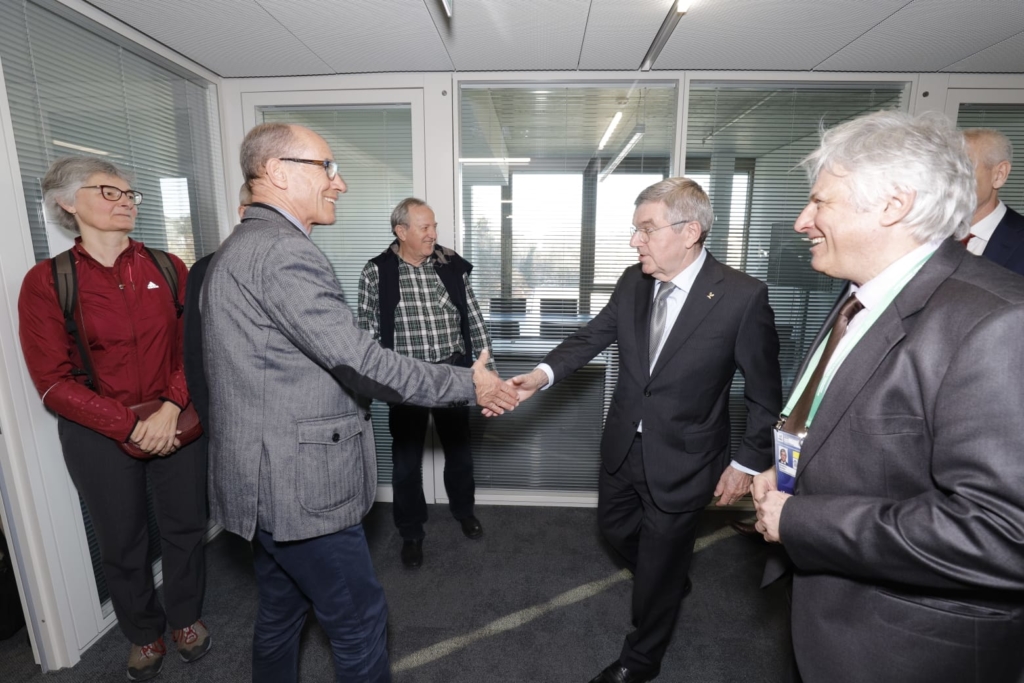
-Your time as Vice-President and as Acting President was the perfect transition. You could build ongoing relationships without people thinking you were campaigning for the top role.
-Exactly! I must say I was very touched and honored by the amount of support I felt from many people in FISU, telling me they thought I was the right person for the presidency. One of my very good friends is the Chair of the Legal Committee and I always told him: “you must keep an eye on me and honestly tell me if I am doing something wrong.” So in a way I still have the support of mentors around me.
-How do you see your role as a President?
-Two key words are consistency and stability. Our number one priority is always to find hosts for our big events. This isn’t always easy, but meeting people, getting to know them and negotiating is all part of the process and of the job. Soft skills and networking are essential. We also have really interesting programs we need to further develop, like the successful Healthy Campus for example. And we also need to seek for what I call “balance”: gender balance, continental balance, balance between sports and education. And of course sustainability is a topic that is central to everything we plan. All this while trying to get recognition from the other international sports federations in order to work closely together and to determine together which sports are out and which ones have a bright future ahead of them.
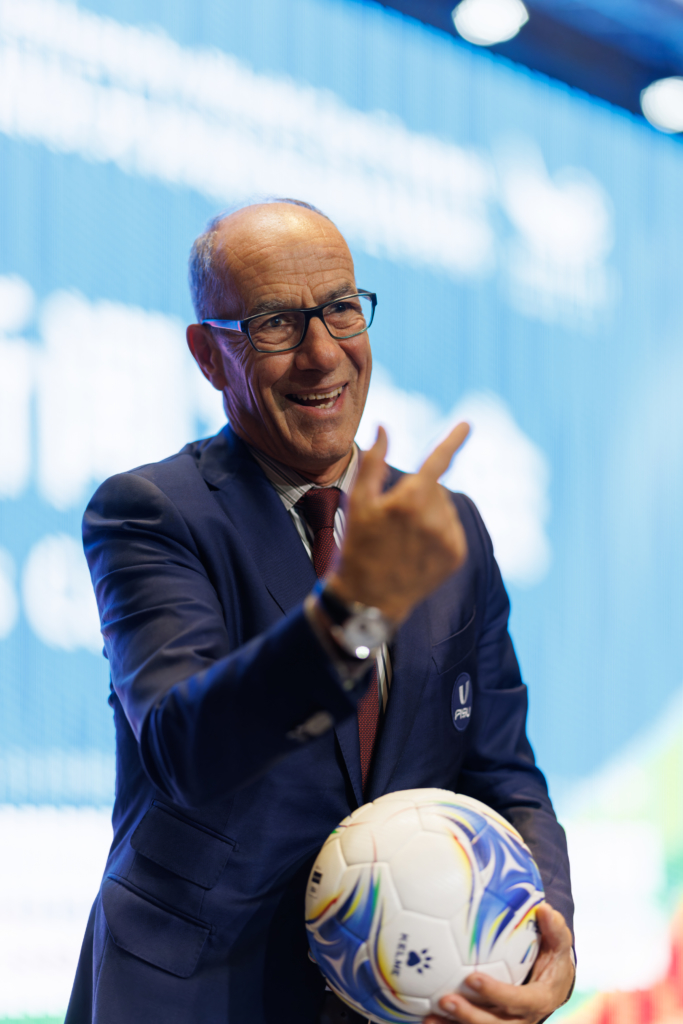
-FISU is a 75 year… young federation!
-I believe so. We have experience but because of who we are we are totally in touch with the younger generations and the changing world. We have to listen and watch what is going on and be ready to adapt.
-You yourself are the perfect ambassador for FISU’s motto “excellence in body and mind”…
-Well I certainly try to be. But those words are perfectly adapted to what FISU is and at the center of our role is the support of dual careers. I am not saying that our student athletes are better than other sports people, but they have to focus both on their studies and their sport at the same time and perform well in both fields. That is very hard to do and really impressive. Luckily we can support university programmes that help them embrace this dual career.
It is now proven that if they have to choose between two candidates with equal qualifications, employers will pick the one with a sports background
-And today a lot of companies look precisely for that sort of mindset when they are hiring.
-Exactly. It is now proven that if they have to choose between two candidates with equal qualifications, employers will pick the one with a sports background. And if both have such a background, they will prefer the one who plays a team sport.
-You come across as someone who likes contact, but who is modest and also enjoys staying in the background. Do you agree?
-I do. One of my favorite mottos is: “if you have the power, you don’t have to show it”. That and “if you need a helping hand, start looking at the end of your own arm!”.
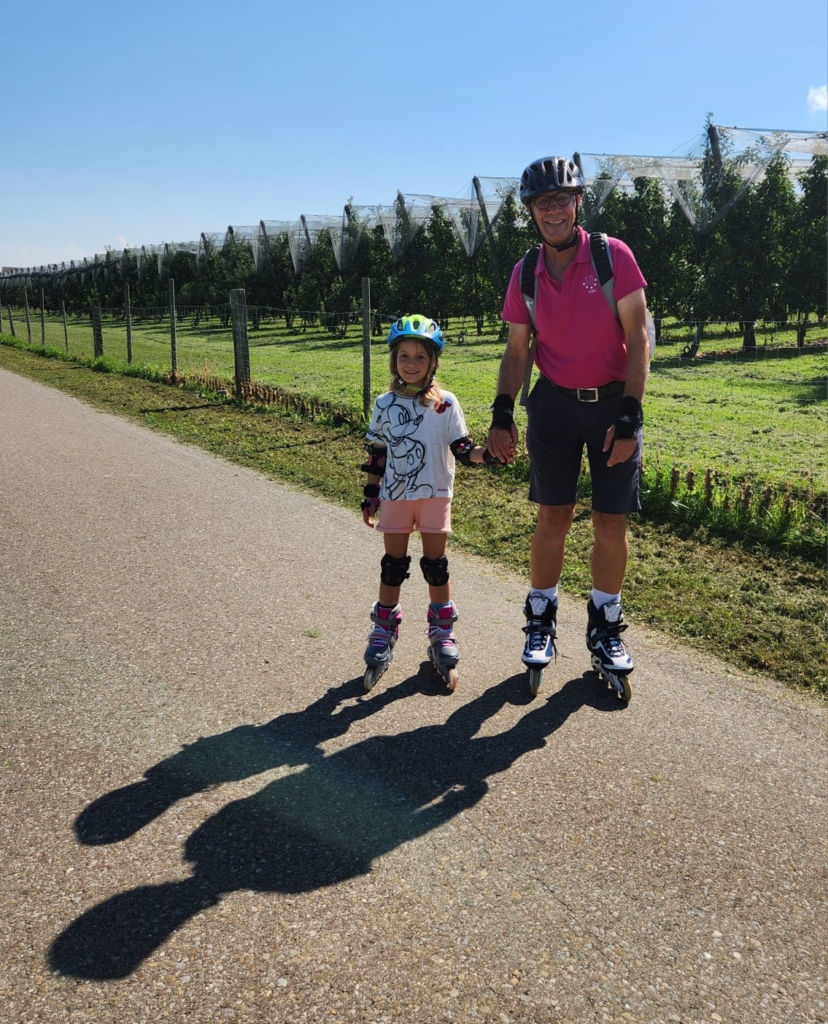
-Tell us a bit about your family, other than the FISU family…
-I have been married twice. My first wife escaped from former Czechoslovakia and came to Switzerland. She was actually my basketball teacher at university (laughs). Together we had two wonderful children and they have children too now. So I am the happy grandfather to four grandchildren. My son and my daughter each have a boy and a girl. Now you see why I like the word “balance”. I have now been happily remarried for 12 years and family life is very important to us.
Our former student athletes are our ambassadors for life
-Sports doesn’t have to be a career. It can also bring pleasure, health, friends etc.
-That is exactly FISU’s philosophy. Our Summer and Winter Games are a mix of sports, culture and education. And the advantage we have is that 90% of our student athletes speak English so they can all interact, compare their experiences and build an invaluable network for the rest of their lives. We have many examples of former participants in our Games who now are in top positions in leading businesses in the world. Our former student athletes are our ambassadors for life.
